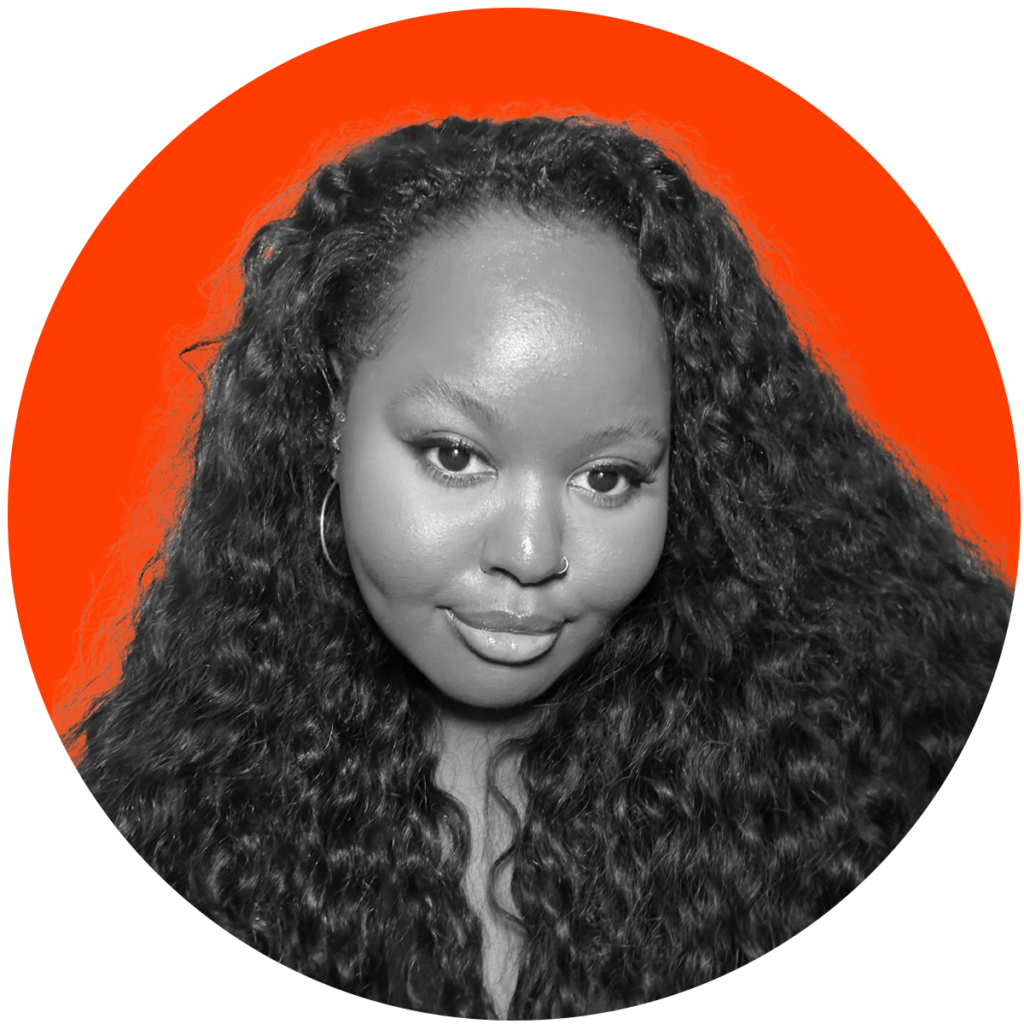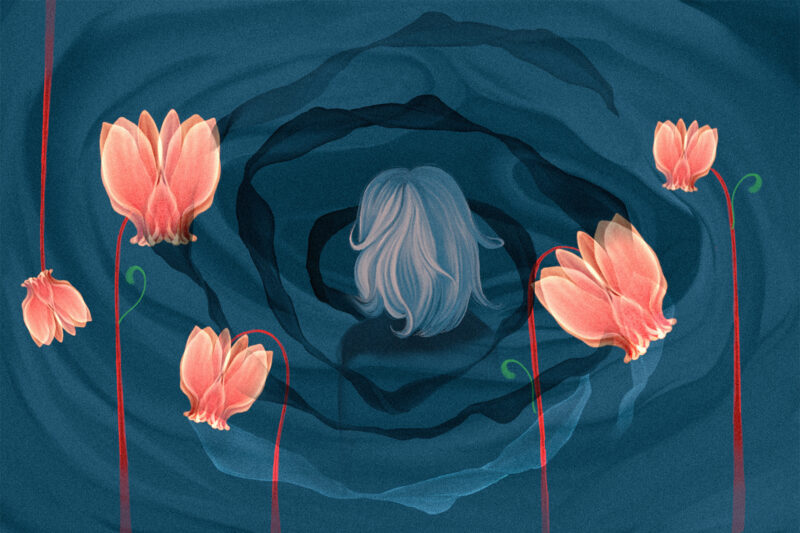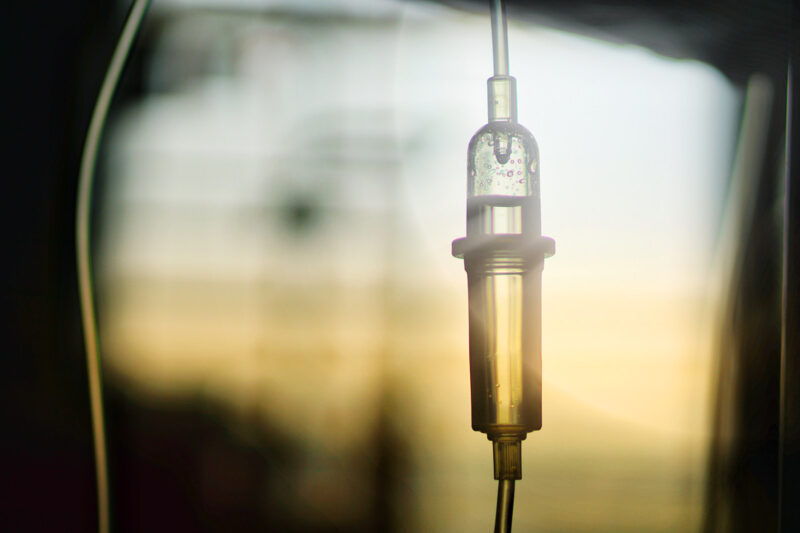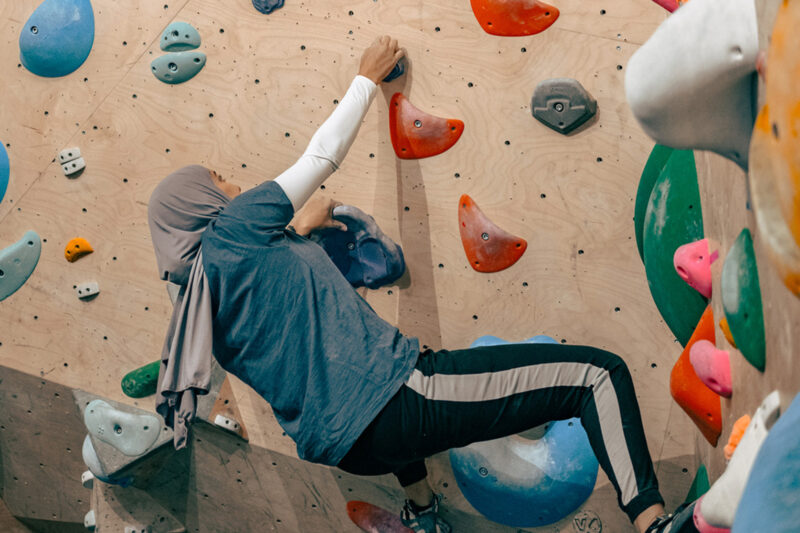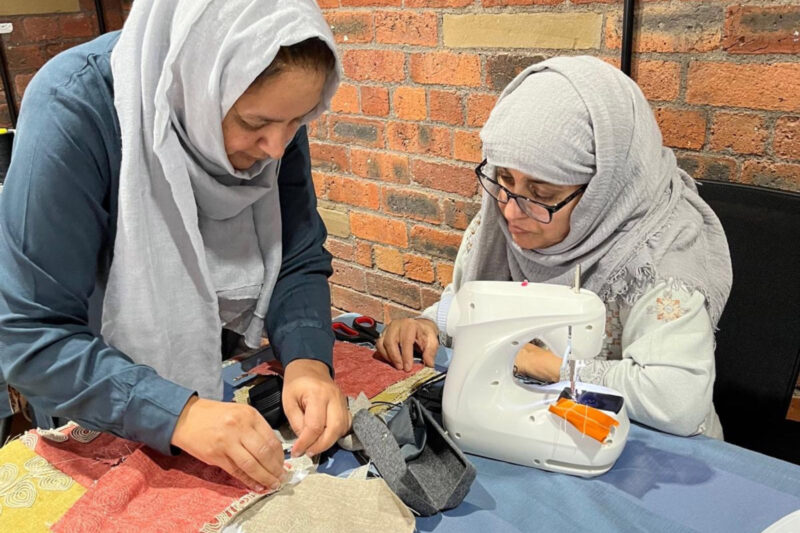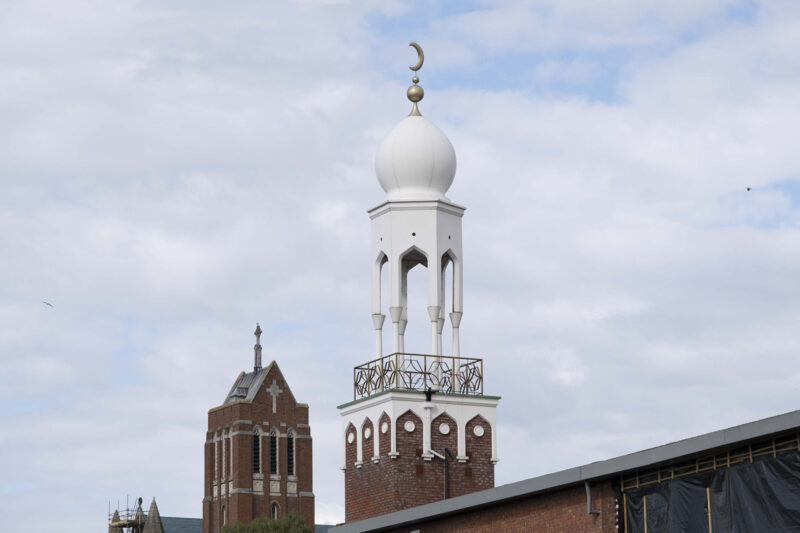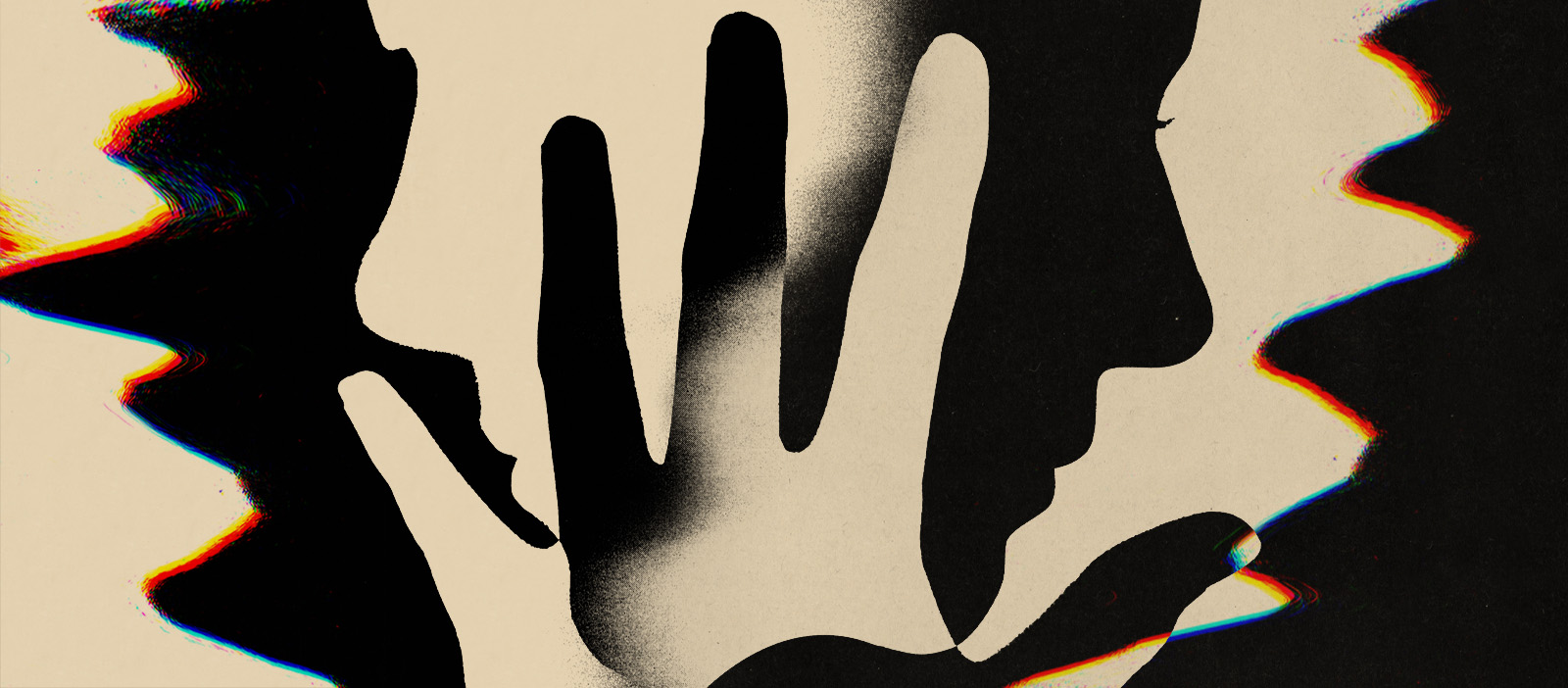
An accountant hit his wife. Why did their community take his side?
Hassan Uddin was found guilty of battery. But the road to justice for Jamila Ali was tough — and thousands face the same obstacles
Jamila Ali’s wedding day in June 2022 was supposed to be the happiest day of her life. On paper, the couple were a good match. She had a successful career as a data protection officer and her husband, Hassan Uddin, had a job in accounting. They both came from large Bengali families and both sets of parents were in the restaurant business.
“I remember walking down the aisle and thinking: I made my parents proud today. His family looks so happy. Everyone in the audience must be thinking ‘wow, two good families have formed an alliance’,” Ali said.
Two and a half years later, on a rainy Thursday morning in Wiltshire, Uddin was found guilty of two counts of battery against Ali during their short marriage.
Swindon magistrates’ court heard that Uddin, 31, had kicked Ali and thrown a phone at her head during an argument in January 2023. Ali, 28, said she had confronted Uddin after catching him messaging another woman. She said Uddin became defensive and angry and that, when she reached for her phone, he snatched it from her hands.
Uddin threw the phone at her, hitting her forehead. Ali described the pain level as nine on a scale of one to 10 — 10 being the highest. “I ran to the en suite,” she told the court. “I was trying to close the door; he was trying to push his way in. He pushed hard and I fell on the floor. He kicked me and closed the door.”
Uddin, of Calne in Wiltshire, was also found guilty of a second count of battery against Ali for an incident four months later in May 2023. The couple had been driving home after spending the day in Birmingham when an argument broke out over Ali’s upcoming job interview.
The court heard how Uddin, from the driver’s seat, reached over and tightly grabbed Ali’s wrist, causing her pain. Ali said Uddin also hit her more than once. As they got closer to home, Uddin stopped the car in a wooded area and dragged Ali out of the vehicle before driving off and leaving her stranded. “I had no phone, no scarf on my head, and only one sandal. He left me in the middle of nowhere,” Ali told the court.
“I always used to think: ‘Why is my marriage like this? Why can’t I just have a normal marriage where I can tell my husband things?’ It was soul crushing.”
During the trial, on 5 December, Ali was grilled by Uddin’s defence lawyer and faced questioning on why she had stayed in the marriage, why she had protected her abuser, and why she didn’t report him until November 2023. She was even accused of lying about her allegations.
“If he did assault you, you would have contacted the police — you would have sought help,” said Uddin’s defence lawyer, Ibrahim Bawab. Referring to photos of Ali’s injuries that had been used in court — one of which actually showed Uddin gripping her wrist during the May 2023 car incident — he said: “All the photos that you supplied to the police are not as a result of abuse, are they?”
Ali broke down in tears a few minutes into her testimony. Uddin denied all allegations of abuse and was cleared of three other charges of battery, but was reprimanded for his conduct by the prosecuting lawyer, Tom Power. “She’s given a clear and consistent account backed up by genuine emotion,” Power told magistrates. “By contrast, all the defendant could do was snigger and laugh when serious allegations were put to him.”
Staying silent
Ali said she felt “euphoric” after her ex-husband was convicted on two counts of battery. But thousands of victims like her never get to see justice. The Office for National Statistics (ONS) estimates that 2.3 million people experienced domestic abuse in England and Wales last year, with 1.4 million reports made to police. Just 39,000 of those eventually led to criminal convictions.
Things are even worse for Muslim women. A 2019 report by the Muslim Women’s Network UK (MWNUK) charity found damning evidence of inequalities in how the criminal justice system responds to Muslim women who have faced violence and abuse. The network found complainants weren’t taken seriously and had to chase police and prosecutors for updates on their cases, and that there was often a lack of cultural understanding within the justice system.
“A lot of women do suffer a lot before they pick up the phone and tell anybody,” said Shaista Gohir, MWNUK chief executive and a crossbench life peer. “We’ve had situations where women have packed their bags and gone back to their parents only to be sent back because they try to pressure the woman into making the marriage work, saying ‘be patient’ and ‘things will get better’, not really fully understanding that they’re actually sending their loved one back into danger.”
Ali grew up in a large joint family household in Maidenhead, with her parents, two brothers, an aunt and uncle and two cousins. “I didn’t know what struggles in life were,” she said. “I lived in a bubble, where everything was about maintaining that family image and honour — that was at the forefront of everything.”
It was this upbringing that drew her to Uddin, who also grew up in a joint family that valued its reputation. Though Ali says she noticed some “red flags” in Uddin in the run-up to the wedding, she dismissed them due to the similarities in their families. “My thinking was that it didn’t matter because Hassan came from a good family, and that the marriage would look good for my family within our community.”
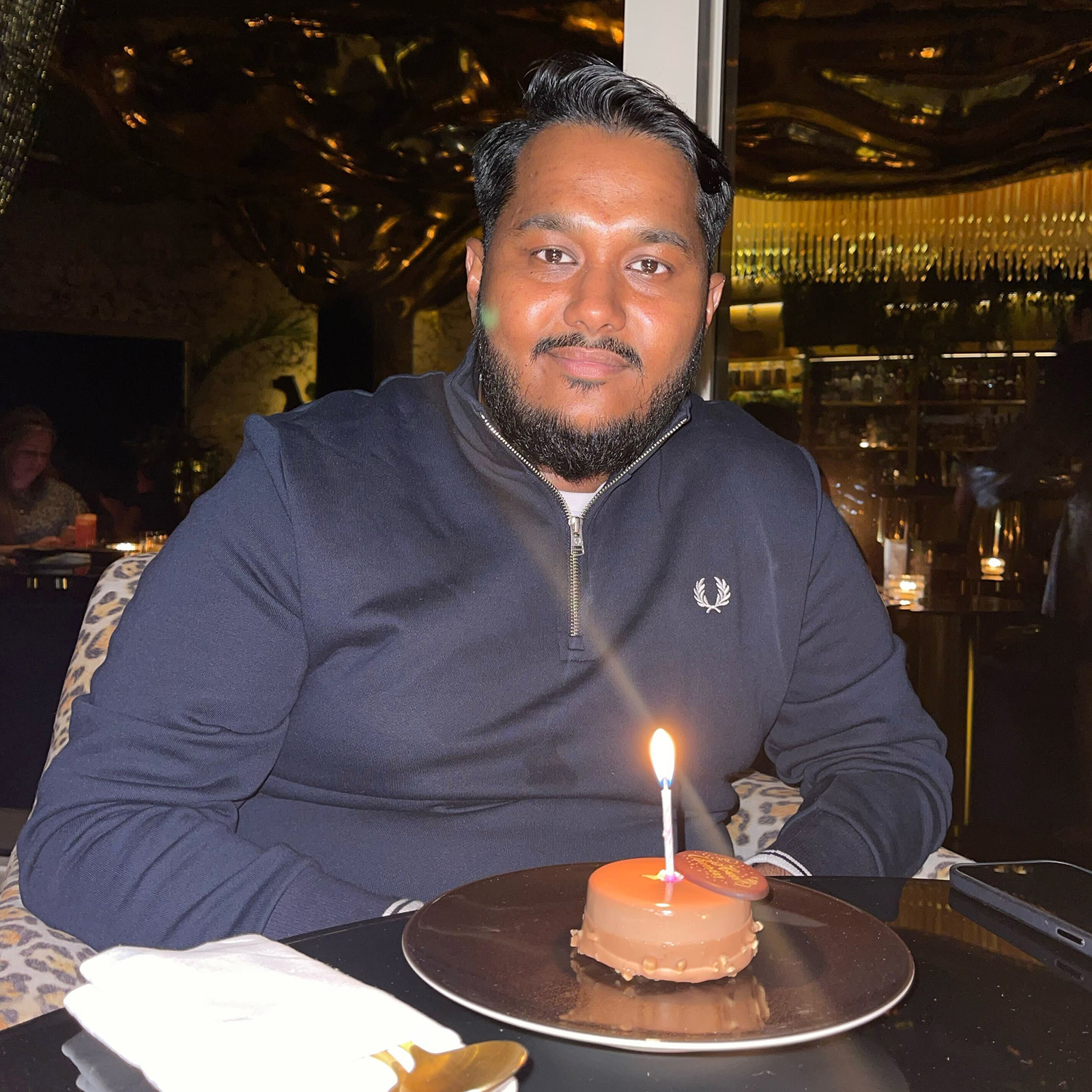
By June 2023, Ali’s mental health had severely deteriorated. That month, she visited the emergency services at Great Western hospital in Swindon after suffering from chest pains, which turned out to be a result of panic attacks.
“I would cope with it by telling myself that I was being a good daughter-in-law. I used to say to myself all the time, ‘my grandparents went through so much worse and they made it work — I want to be like that’,” Ali said.
Despite the abuse, and pleas from her own parents to leave the marriage, Ali told Hyphen she was determined to stay out of fear of the taboo surrounding divorce.
“When I look back, it angers me that I stayed silent despite the wrongdoings against me, but I was scared of people blaming me,” Ali said. “Because in our culture, who gets the blame? It’s always the girl. That she wasn’t a good enough wife, that she was a bad daughter-in-law. That’s what I was scared of the most — that everyone would point the finger at me.”
Last month, Hyphen accompanied Ali and her father, Abdul, on a pre-trial visit to court. He told us that, although he had concerns about his daughter’s marriage, he felt there was little he could do as she lived with her in-laws.
“In our society, it’s always the groom’s side who has the upper hand over the bride’s side,” he said. “The thinking is: ‘We’ve taken your daughter and she now lives with us, so depending on how well you treat us, we will treat your daughter accordingly.’ It’s a very old-fashioned way of thinking, but that’s how it was with them.
“I just wanted to pull her out of that house. But we were very wary that we have to be careful how we tread, so we didn’t say anything that would upset Hassan and then come back to her.”
Ali told Hyphen she opened up to a community member about the abuse but was told: “zamaiye mara mani tumar lagi dua korer”, which means “your husband hitting you means he is making dua [praying] for you” in Bangla.
In a debate in the House of Lords on 12 December, Gohir raised the issue of spiritual abuse and the need for it to be legally defined. She said: “People just associate spiritual abuse with imams and priests and that type of thing. But actually, in South Asian communities, spiritual abuse can also involve family members. We’ve had cases on the helpline where a child or woman has gotten beaten up and the excuse that’s used is ‘we’re trying to get the jinn [spirit] out of her’.
“Or sometimes religion is wrongly used and twisted to control a woman. We think that if it’s legally defined, that can help people recognise that it’s spiritual abuse, that it’s a crime and to report it.”
Representation at sharia councils
Following an argument, Ali went to stay with her parents in September 2023. She believed the separation was temporary. But six weeks later, Uddin filed for a talaq — divorce brought by a husband — at a London-based sharia council, The Muslim Law (Shariah) Council UK. The marriage had never been formalised under UK law.
Ali received an email from the sharia council alerting her of the proceedings at the end of October 2023 — the first she had heard that her husband was trying to leave her for good. Despite Uddin’s violence, Ali said she felt blindsided. She rang the council in a panic, believing she could still make the marriage work. During the phone call, the council assured her that a process of mediation would take place in an attempt to save the marriage. Ali said she also told the council that Uddin had been abusive.
However, on 13 November 2023, the divorce was finalised without mediation. Ali found out only when she called the council for an update. During the discussion, they informed her Uddin had denied her allegations of abuse.
“It felt like they gave all the power to him,” Ali said. “The woman I spoke to said my side of the story didn’t matter, because he had already decided he wanted a divorce. She didn’t even care about the abuse. I cried to her, but she never once said to me: ‘I’m sorry to hear that, do you have support?’ I don’t understand why they treated me like that.”
Fouzia Azzouz, a research associate at the school of sociology, politics and international studies at Bristol University, with a focus on British Muslim marriages and divorce practices, said that while there were some good practices among sharia councils across the UK, such as an increase in female representation, the positive experiences “do not outweigh the injustices that continue to take place against Muslim women in matters of marriage and divorce”.
“Existing research, including my own, includes anecdotal evidence from many Muslim women about patriarchal attitudes and cases of bias and discrimination they encountered from sharia council scholars,” Azzouz said.
“Examples include privileging men’s testimonies over women’s, refusing to believe women despite the existence of evidence, and a general lack of transparency and consistent communication.”
In response to questions by Hyphen, the Muslim Law (Shariah) Council UK said the person who had handled Ali’s case no longer worked at the organisation, so they were unable to verify her claims.
“Our policy is to advise victims of abuse to contact the police for their safety. If this advice or empathy was not shown to Jamila, we deeply regret it,” the chair, Dr Mosa Alblezi, said. “We will remind all staff to prioritise safeguarding and show understanding in such situations.
“Since the beginning of this year, we have partnered with a domestic violence charity, and also waive fees for any victims as part of our pledge to support women who have been impacted by domestic abuse and to help them escape abusive relationships. I will do the best I can to ensure a similar situation does not occur again in the future.”
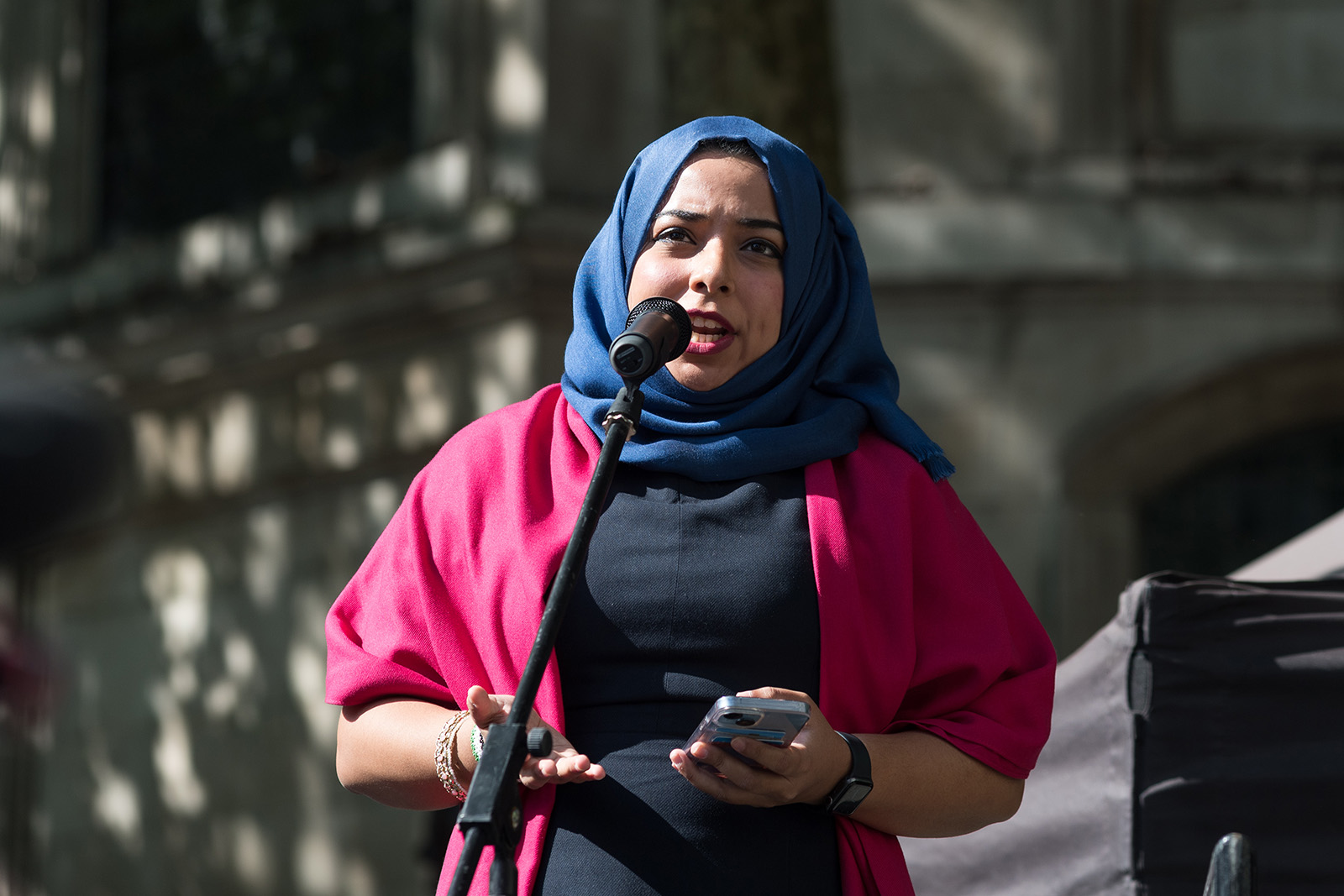
Apsana Begum, independent MP for Poplar and Limehouse, has been calling for substantial reforms in how survivors of abuse, especially those of marginalised backgrounds, are treated by the justice system.
“It is very difficult for survivors to come forward, speak out and get the support they need and there is no doubt that the silencing and shaming of women is perpetuated by gaslighting and other structures of power,” she told Hyphen.
“On top of this, we know that Black and Asian women face additional barriers to accessing support due to systemic discrimination. The sad reality is that the value of Black and Asian women’s and girls’ lives is far too often diminished in the face of blatant institutional racist structures that leaves us overlooked, underrepresented and underreported.”
For Ali, the trauma she experienced has become like a shadow that follows her around. But she described feeling vindicated in her decision to report Uddin, who will be sentenced in January, and said she was working to get back to the “old Jamila”.
“Even if my story can help save one life then I will be happy,” she said. “There is a saying in my faith: ‘Whoever saves a life is as though he had saved all mankind.’”
In the UK, you can call the national domestic abuse helpline on 0808 2000 247 or visit Women’s Aid online. For the Amina helpline, call 0808 801 0301. You can phone the Muslim Women’s Network UK on 0800 999 5786 or 0303 999 5786, or Savera UK on 0800 107 0726. Other international helplines can be found via www.befrienders.org.
If you have a story relating to issues raised in this article, please email our reporters Anita or Saman on anita.mureithi@hyphenonline.com or saman.javed@hyphenonline.com.
 Newsletter
Newsletter


